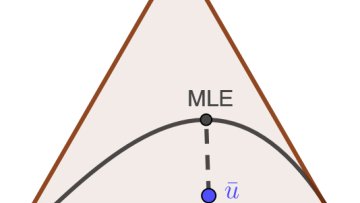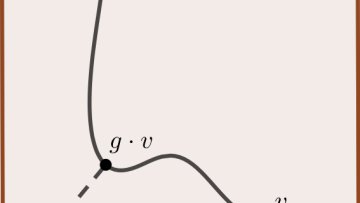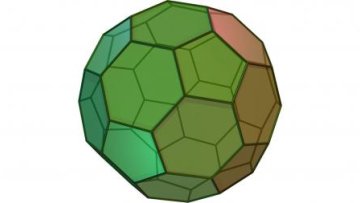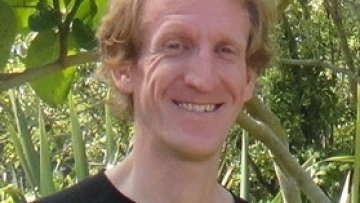12:45
Holomorphic anomaly in Vafa-Witten theory -- ZOOM SEMINAR
Abstract
Vafa-Witten theory is a topologically twisted version of 4d N=4 super Yang-Mills theory. In my talk I will tell how to derive a holomorphic anomaly equation for its partition function on a Kaehler 4-manifold with b_2^+=1 and b_1=0 from the path integral of the effective theory on the Coulomb branch. I will also briefly mention an alternative and somewhat similar computation of the same holomorphic anomaly in the effective 2d theory obtained by compactification of the corresponding 6d (2,0) theory on the 4-manifold.





